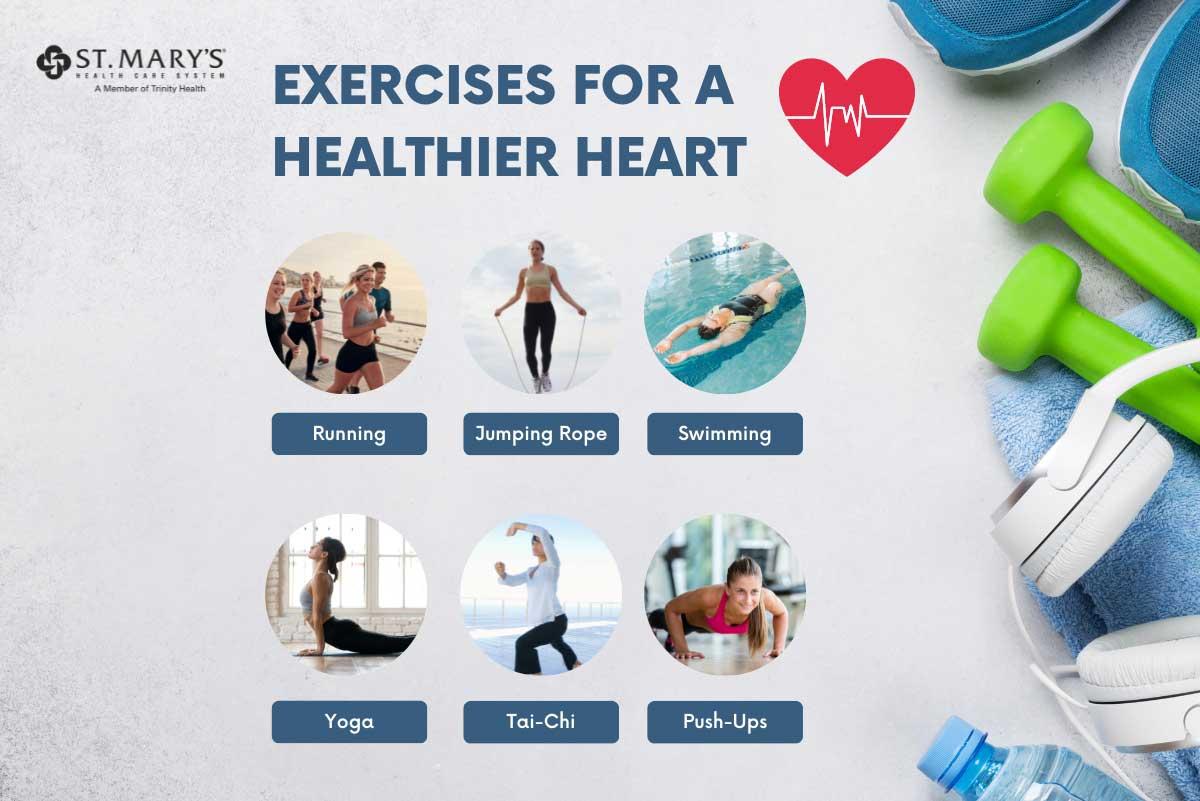In the intricate dance of life, stress often takes the lead, dictating the rhythm and pace of our daily existence. For those living with heart disease, this relentless partner can pose a particularly daunting challenge, threatening to overshadow the harmony of health and well-being. Yet, amidst the cacophony of pressures and demands, there exists a symphony of strategies designed to transform stress from a formidable foe into a manageable companion. This article delves into the art of mastering stress while nurturing the heart, exploring effective techniques that blend science and mindfulness, empowering individuals to reclaim control and cultivate a life of balance and resilience. Join us on this journey of discovery, where the heart learns to dance to its own beat, unfettered by the strains of stress.
Understanding the Heart-Mind Connection
The intricate relationship between our emotional and physiological states plays a crucial role in stress management, especially for those living with heart disease. By acknowledging this connection, individuals can adopt practices that nurture both the heart and the mind, leading to improved overall well-being. Here are some effective strategies to consider:
- Mindfulness Meditation: This practice helps in focusing the mind, reducing stress, and promoting relaxation. Regular meditation can lead to a calmer mental state, which in turn positively impacts heart health.
- Deep Breathing Exercises: Engaging in deep, controlled breathing can significantly lower stress levels by activating the parasympathetic nervous system, which helps slow the heart rate and decrease blood pressure.
- Expressive Writing: Journaling about thoughts and feelings provides an outlet for emotional release, helping to reduce mental burdens that may weigh on the heart.
- Yoga and Tai Chi: These gentle physical activities combine movement with breathwork and mindfulness, offering a holistic approach to managing stress while also enhancing cardiovascular health.
Implementing these strategies can create a harmonious balance between the heart and mind, empowering individuals to manage stress more effectively while navigating the challenges of heart disease.

Mindfulness and Meditation: Tools for Tranquility
Incorporating mindfulness and meditation into your daily routine can be a transformative approach to managing stress, especially for those living with heart disease. These practices not only foster a sense of inner peace but also enhance emotional resilience. Engaging in regular meditation sessions, even if just for a few minutes each day, can help reduce stress levels, lower blood pressure, and improve overall heart health. The key is to find a quiet space where you can focus on your breathing and let go of intrusive thoughts. Consider these simple strategies to get started:
- Guided Meditation: Use apps or online resources to follow along with guided sessions that can help maintain focus and provide structure.
- Body Scan Technique: Pay attention to each part of your body, starting from the toes and moving upward, acknowledging areas of tension and consciously relaxing them.
- Mindful Breathing: Practice deep breathing exercises, inhaling slowly through the nose, holding for a few seconds, and exhaling gently through the mouth.
By integrating these mindfulness practices into your lifestyle, you create a toolkit for tranquility that supports not just the heart, but the mind and soul as well. Over time, you’ll find that these moments of calm can serve as a sanctuary amidst life’s inevitable challenges.

The Role of Nutrition in Stress Management
Understanding the intricate connection between what we eat and how we feel is vital, especially for those managing heart disease alongside stress. Nutrition plays a pivotal role in enhancing resilience against stress by influencing brain chemistry and hormonal balance. Consuming a diet rich in nutrients not only supports heart health but also aids in reducing stress levels. Foods that are high in omega-3 fatty acids, such as salmon and walnuts, have been shown to help lower anxiety. Meanwhile, complex carbohydrates like whole grains can boost serotonin levels, promoting a sense of calm and well-being.
To effectively manage stress through nutrition, consider incorporating the following dietary practices:
- Include more fruits and vegetables: These are packed with antioxidants that help combat oxidative stress.
- Stay hydrated: Dehydration can exacerbate stress, so aim for adequate water intake throughout the day.
- Limit caffeine and sugar: These can lead to energy spikes and crashes, increasing stress levels.
- Opt for lean proteins: Foods like chicken, tofu, and beans support neurotransmitter function, which is crucial for mood regulation.
By making mindful dietary choices, individuals with heart disease can not only support their cardiovascular health but also foster a more balanced emotional state, ultimately aiding in stress management.

Exercise: A Heart-Healthy Stress Reliever
Engaging in regular physical activity is one of the most effective ways to manage stress, especially for those dealing with heart disease. Exercise not only improves cardiovascular health but also boosts mood and reduces anxiety. When you move your body, endorphins—often referred to as “feel-good” hormones—are released, helping to elevate your mood and foster a sense of well-being. Here are some exercise options to consider:
- Walking: A gentle walk in nature can be incredibly calming, offering a dual benefit of physical activity and mental relaxation.
- Yoga: This practice combines physical postures, breathing exercises, and meditation, making it an excellent choice for stress relief and heart health.
- Cycling: A low-impact exercise that gets the heart pumping while allowing you to enjoy the scenery.
- Swimming: This full-body workout is easy on the joints and perfect for reducing stress while improving cardiovascular fitness.
Incorporating these activities into your daily routine can significantly enhance your ability to cope with stress. Remember to consult with a healthcare provider before starting any new exercise program, ensuring that your chosen activities align with your health needs and capabilities.








